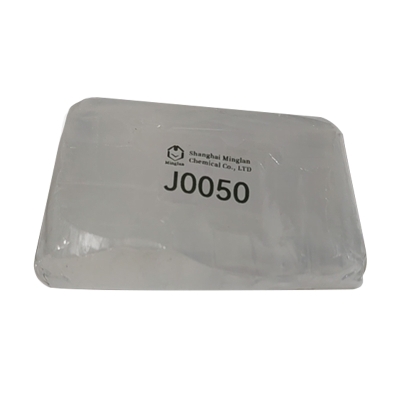-
Categories
-
Pharmaceutical Intermediates
-
Active Pharmaceutical Ingredients
-
Food Additives
- Industrial Coatings
- Agrochemicals
- Dyes and Pigments
- Surfactant
- Flavors and Fragrances
- Chemical Reagents
- Catalyst and Auxiliary
- Natural Products
- Inorganic Chemistry
-
Organic Chemistry
-
Biochemical Engineering
- Analytical Chemistry
-
Cosmetic Ingredient
- Water Treatment Chemical
-
Pharmaceutical Intermediates
Promotion
ECHEMI Mall
Wholesale
Weekly Price
Exhibition
News
-
Trade Service
After U.
S.
inflation rose to a 40-year high, the volatile rally in oil prices paused, both falling below $110, raising fears that soaring inflation could accelerate the collapse
in demand.
At press time, crude was down 0.
16% at $109.
02, while WTI crude was up 0.
83% at $
106.
71.
The reporter learned that the US CPI in February increased by 7.
9% year-on-year, hitting a new high
in 40 years.
New York futures were trading down 2.
5 percent from a range of $
9 on Thursday.
On that day, neither OPEC+ nor the conflict between Russia and Ukraine made any new developments, and the broader market trend became the focus, and oil prices showed a typical inverse relationship
with the US dollar.
As the dollar appreciates, dollar-denominated goods become cheaper
.
On Thursday, the Russian and Ukrainian foreign ministers met in Turkey, but the meeting did not produce any results
.
Ed Moya, senior market analyst at Oanda, said oil prices "are starting to move slightly lower as investors begin to worry that stagflation risks could deal a major blow
to the short-term crude demand outlook.
" "The latest inflation report shows that everything is getting more expensive, and the Russia-Ukraine conflict is likely to allow this upward trend to continue into the summer, which could lead to the destruction
of crude oil demand.
"
Oil markets have been volatile
for much of the week, driven by developments such as the U.
S.
ban on Russian imports and signs of division within OPEC.
The United Arab Emirates on Wednesday called on OPEC to boost output
faster than planned.
Hours later, the country's energy minister appeared to temper the remarks
.
OPEC+ rejected consumer calls for more production, saying the spike in oil prices was driven by geopolitical tensions, not supply shortages
.
Earlier this week, oil prices surged to their highest level since 2008, in part on fears that a loss of Russian supply would make an already tight market even tighter
.
Oil prices also spiked
as the U.
S.
began banning crude imports from Russia, according to Rystad Energy.
If other Western countries follow suit, crude prices could reach $
240 a barrel this summer.
Still, OPEC and Chevron chiefs say there is no shortage of oil, while Iraq insists there is no need to go beyond plans to raise production
.
The Russia-Ukraine conflict has also affected the refined oil market, with diesel markets in Europe and the United States experiencing unprecedented volatility
this week.
Retail gasoline prices on both sides of the Atlantic have hit record highs in recent days
.
A further sign of nervousness in the global diesel market is that Saudi Arabia is looking to buy unusually large quantities of diesel
.
The move came as a surprise for a country that is usually a
net exporter.
U.
S.
distillate fuel inventories also fell
sharply last week.







